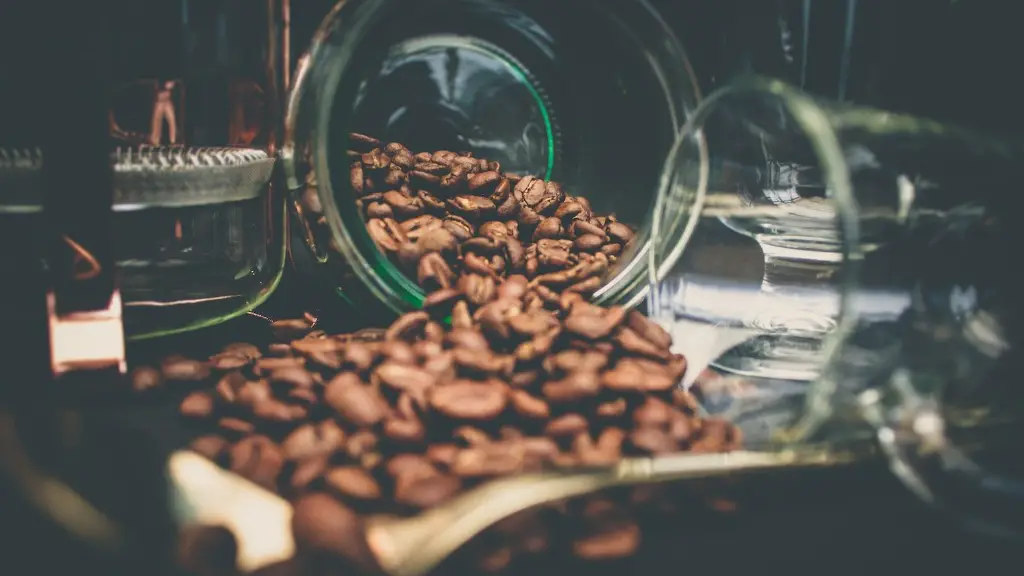Caffeine And Migraine
Coffee or caffeine in general, is known to be a “wake-up” drug. It can give an alert sensation and have beneficial effects like increased focus, mood and sometimes even headache prevention. The question, ‘Can you drink coffee with a migraine?’ has therefore been discussed for a long time. Unfortunately, for individuals who experience migraines, the answer is not so straightforward.
The caffeine found in coffee is known to act as a trigger for some individuals who experience migraine episodes. Caffeine intake can cause the blood vessels to constrict, which could bring on a migraine or a headache. Also, caffeine has an effect on serotonin, a neurotransmitter involved in pain management, and alters the way some people perceive pain.
On the other hand, caffeine can also be beneficial. Caffeine can act as an analgesic, and depending on the person, can reduce the intensity of the pain experienced and decrease the length of the migraine episode. Taking advantage of the analgesic effects of the caffeine and balancing between the constriction and dilatation of the blood vessels can be a solution.
Benefits Of Caffeine
Although it is contradictory from the aspect of migraine, some studies have found that coffee can be also beneficial in preventing headaches. Caffeine can enhance the effects of analgesic pain medications, helping to ease the pain during a migraine. It also can reduce the side-effects of certain migraine medications.
Another benefit of caffeine is its ability to reduce inflammation. It can lower the risk of developing certain conditions that are associated with an inflamed state, like high blood pressure. Nevertheless, drinking more than two cups of coffee a day can counteract the positive effects of caffeine.
Negative Impact Of Caffeine On Migraine Symptoms
Most headache specialists generally agree that people who suffer from migraines should not be consuming more than 200mg of caffeine a day, that’s the equivalent of one large cup of coffee. Too much caffeine can cause or worsen migraine symptoms like nausea, dizziness, and sensitivity to light, sound and smells.
Also, if you consume a significant amount of caffeine, it can result in headaches due to caffeine withdrawal. Decrease the caffeine intake slowly to avoid this kind of withdrawal symptoms when you try to avoid coffee intake.
In addition, you should pay attention to the caffeine content of other products you consume, such as sodas, energy drinks, chocolate and certain over-the-counter medications.
Indirect Effects Of Coffee
One of the effects of coffee that is not related to its caffeine content is its main effect on dehydration. Because certain migraine triggers are related to dehydration, it’s wise to avoid making the situation worse. Coffee or caffeine in general, is diuretic, meaning that over time it can lead to dehydration. This could trigger a migraine episode.
Also, remember that things like alcohol, smoking, dehydration, and highly processed foods are possible migraine triggers. It is wise to steer clear of these things as much as possible.
Moderation Is Key
Overall, it’s uncertain how coffee can affect your migraine, and it is best to find an individual solution. A certain amount of caffeine can be beneficial for some individuals and detrimental to others, so moderation is key.
Also, it might be worthwhile assessing your lifestyle, discussing with a doctor or trying out alternative solutions like herbs, relaxation, exercise and adequate sleep to manage migraine symptoms.
Headache Triggers To Avoid
Most experts agree that there are certain dietary triggers to be aware of when you have a migraine, including processed foods and drinks containing food additives, excessive amounts of sugar, artificial sweeteners and dairy.
Also, too much salt or consuming red wine or a spirit can trigger migraines or headaches that include feeling nauseous, dizzy, having sensitivity to light, sound and smells. Experimenting with a dietary migraine prevention plan is a great way to find out what works best for you.
Preventing Migraine Attacks
Certain lifestyle modifications can also help to reduce migraine occurrence, such as avoiding skipping meals and incorporating regular exercise into your daily routine. Being well hydrated, getting the recommended daily amount of sleep and reducing stress and anxiety can help during migraine episodes.
Exercise, such as brisk walking and yoga, can be extremely beneficial for migraine prevention and has been found to be more effective for migraine reduction compared to taking medication for many people.
Therapies To Try For Migraine Relief
Many other therapies and techniques can help address the causes of migraines, reduce their strength and frequency, and manage your pain. Techniques like cognitive-behavioural therapy, biofeedback, stress management and acupuncture can be helpful in managing stress, which has been linked to migraines.
Acupuncture can also be helpful, by stimulating certain pressure points. Massage can also be a form of preventative healthcare, and can help to reduce the intensity and frequency of migraine episodes.
Alternative Medicines For Migraine
Herbal remedies, like feverfew and butterbur, are sometimes used to treat inflammation and help prevent and reduce migraine episodes. However, there is limited evidence that they might be a safe and effective treatment choice.
It is highly important that we never forget the biggest benefit of all – prevention. Identifying and eliminating the triggers that are causing migraines in the first place can significantly help in finding an effective migraine management plan. That can involve keeping a headache and lifestyle diary,where you write down everything that is happening around specific migraine episodes for future reference.
Relying on more natural remedies like supplements, herbs and exercise, can help prevent migraines, but most importantly, it is always good to keep in mind that individual health is different between each person and all medications, dietary habits and therapies should always be discussed with a qualified health expert.


